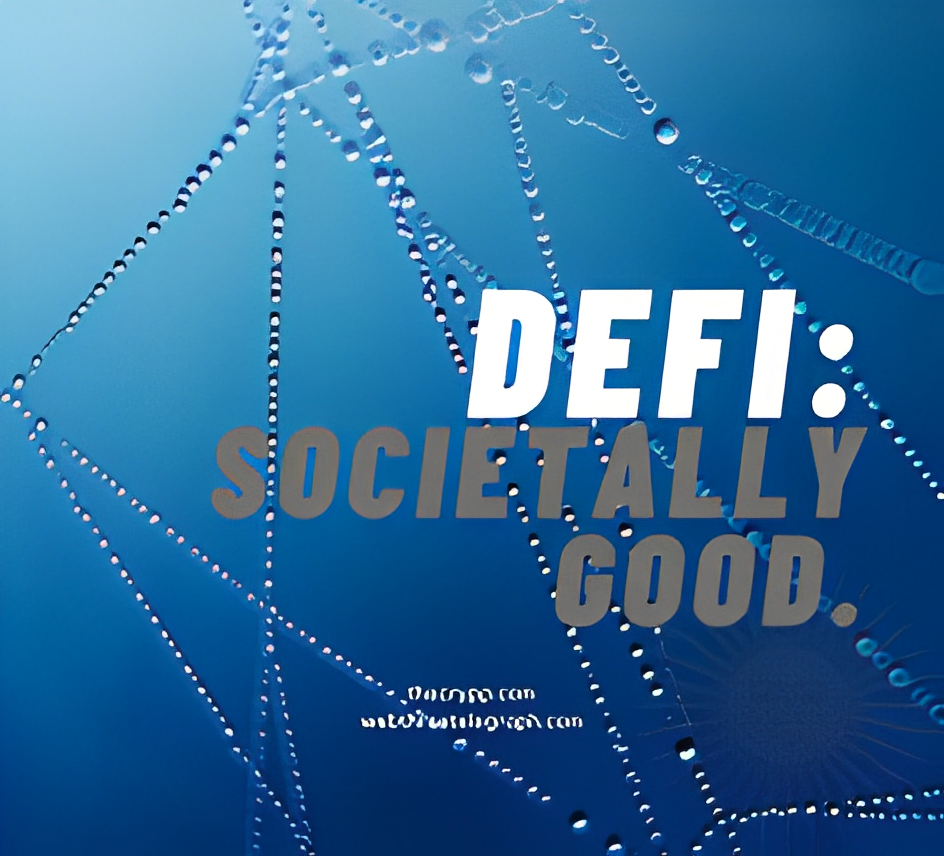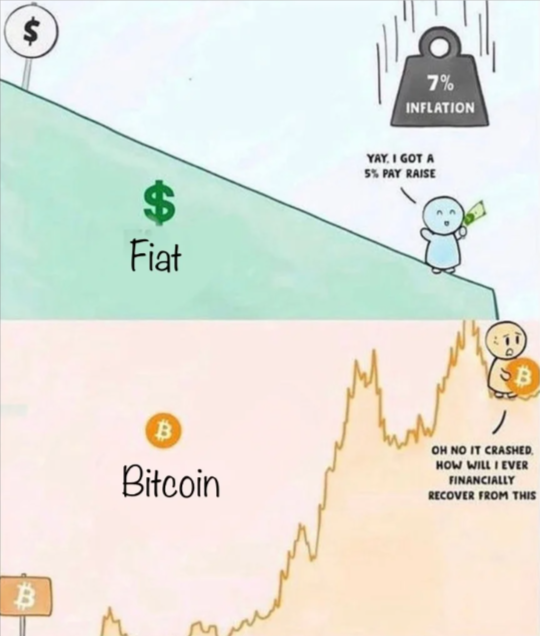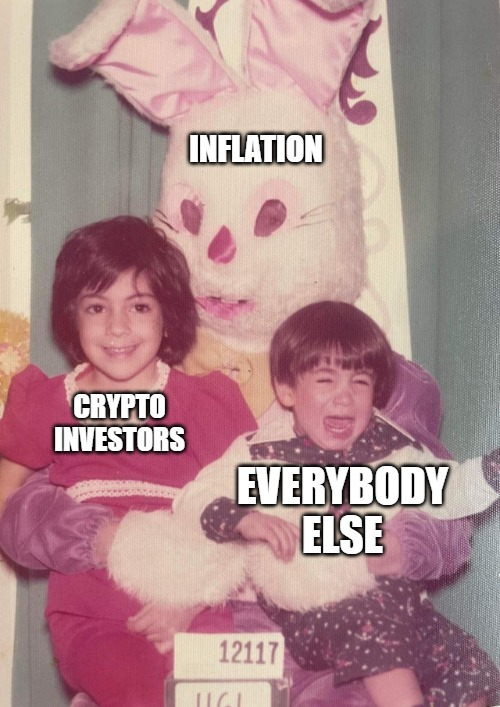Decentralized Finance, a burgeoning ecosystem of technologies challenging traditional banking, was harmed by Sam Bankmans Fried’s drama and FTX collapse. This article will highlight the force for societal good, economic freedom and trust that DEFI technologies offer. Societies suffering from a lack of smooth processes in business and administration are the first ones to test new alternatives such as Kenya and Argentina. We will consider the South American nation as an example where inflation and banking regulations amidst economic turmoil pushed many Argentinians to rely on cryptocurrencies to find on one hand, wealth stability and, on the other hand, optimal remittance options. DeFi products range from passive investment pools, remittance platforms to short-term and medium term lending, these decentralized, quasi-autonomous technologies are built on top of blockchain solutions and reduce the frictions commonly experienced in similar traditional businesses: a win-win for participants and builders.

Inflation: Slow poison.
According to a report by the International Monetary Fund, inflation of the Argentine peso ﴾ARS﴿ has risen sharply, with some estimating that inflation will reach 100% by the end of 2022, making it one of the highest globally. Such a harsh level of inflation has caused severe economic hardship for generations of Argentinians. Commodity prices soar, wages not keeping up with rising cost of living all combined with meager future perspectives. Cryptocurrencies used with DeFi platforms offer Argentines valuable protection against inflation. Although the value of cryptocurrencies has recently fallen compared to Argentina
Peso, many citizens view assets like Bitcoin and Ether as an outperforming hedge given the weakness of the ARS, the national peso. Cryptocurrencies like bitcoin and ether are designed to have a limited supply, which implies programmatically and mathematically that value cannot be diluted by excess supply creation by central banks or governments.
This perennial neutrality makes it an ideal hedge against the common hyperinflation. Furthermore, the cryptocurrency is native to the internet, which means it can be used by anyone with an internet connection. These digital assets have become an attractive option for Argentinians looking to protect their wealth against inflation. 33% of Argentines report having bought or sold cryptocurrencies at least once a month.
Food for thought: A peso worth $100,000 in 1995 is worth $310 today.

Banking the Unbanked: Financial Inclusion.
From a Westerner’s point of view, understanding the struggle of unbanked people is not simple, most humans living in urban centers cannot conceive the difficulties other humans with no banking solutions do face. Financial inclusion is a second advantage of cryptocurrency adoption in Argentina. Access to financial services is currently limited in the country due to strict policies and regulations, high fees and lack of confidence in the banking system. Cryptocurrencies are an alternative payment solution accessible to all citizens, regardless of their financial situation or location.
According to official World Bank data, 28% of Argentine adults are Unbanked and 33% do not have an account with a financial institution. In contrast, internet adoption in Argentina has a penetration rate of 81%. Similarly, elsewhere around the globe, many people have the Internet but no financial services. DeFi and crypto offer them access to previously inaccessible financial solutions & products. This is financial inclusion thanks to the Internet and a solution built on top of it: blockchain (cryptocurrencies & DeFi). In Argentina:
_28% are unbanked
_33% lack access to financial institutions
_81% have internet access.
All cryptocurrency transactions are often much cheaper than traditional banking operations. When it comes to International payment services, many Argentinians use low-cost chains such as Tron and BNB, to send their remittances. While sending money through bank wires internationally often involves high fees and long processing times, which can be a burden for those dependent on overseas remittances, cryptocurrencies provide cheaper and faster alternatives to cross-border remittances, reducing costs and processing time to 1 minute for those who rely on money transfers from relatives abroad.
These solutions allow many communities around the world to participate in business transactions and send money to family members living abroad, which would have been carried with high costs and rampant frictions through banking solutions. Thus, we reckon that cryptocurrencies provide a mechanism for capital outflows from Argentina which occurs when people move money out of a country due to economic instability or political uncertainty. Blockchain allows citizens to be pseudonymous and secure their funds overseas without worrying about government interference or confiscation. It could obviously provide a much-needed lifeline to people in distress as a wealth hedge in times of economic turmoil.
Access to digital Benjis.
Similarly to other nations that lived through rough economic periods in South America, Africa and the Middle East, Argentinians have been protecting their purchasing power by buying US Dollars since the late seventies, a habit that became so ingrained in their society that a parallel market gave place to what is called Blue Dollars, dollars exchanged at double the official rate of ARS/ USD in many Cuevas or Called Florida in Buenos Aires. The introduction of cryptocurrencies brought access to the digital dollar to Argentinians who typically were getting physical dollars and are believed to hold more US dollars in cash than any other population.
While Argentine citizens' access to dollars has been limited in the past years, cryptographic protocols such as Ethereum provide an effective workaround by buying digital USD as stablecoins without the need of a bank account or credit card. The stablecoin, USDT, USDC, BUSD solutions are easier than ever and are used for international purchases and domestic investments. For instance, when buying a house in US dollars, it is more convenient and safer to carry a USB flash drive with you than carrying a suitcase full of 100 dollar bills.
In our world experiencing a steady increase in connection and cellphone adoption, cryptocurrencies and DeFi products are gaining popularity as a currency vehicles and investment hedge against inflation and political crisis. Today, thanks to a simple internet connection, Argentinians don't require huge capital to participate in business ventures or investment opportunities. Decentralizing finance solutions built on top of audited lines of code is the soundest and smoothest solution to include unbanked members of our societies, this without mentioning the independence conferred to the users along with transparence and censorship resistance that are ironically always defended by current "democratic" leaders.

.
.
.
.